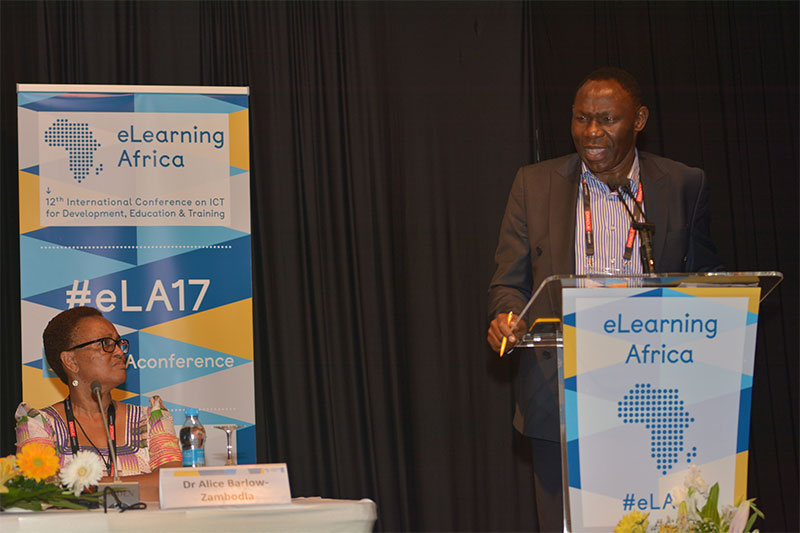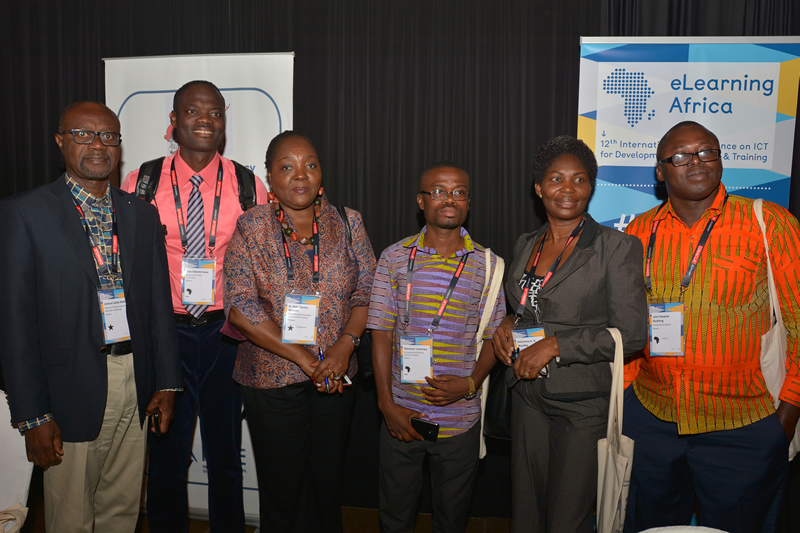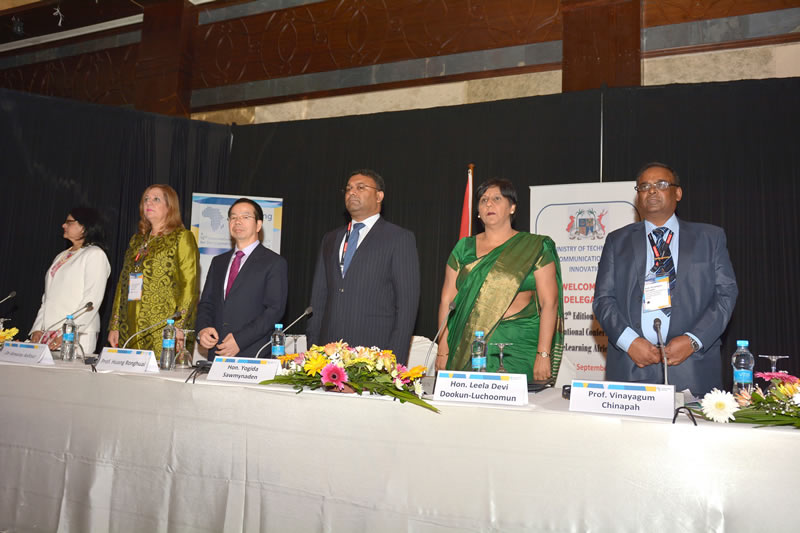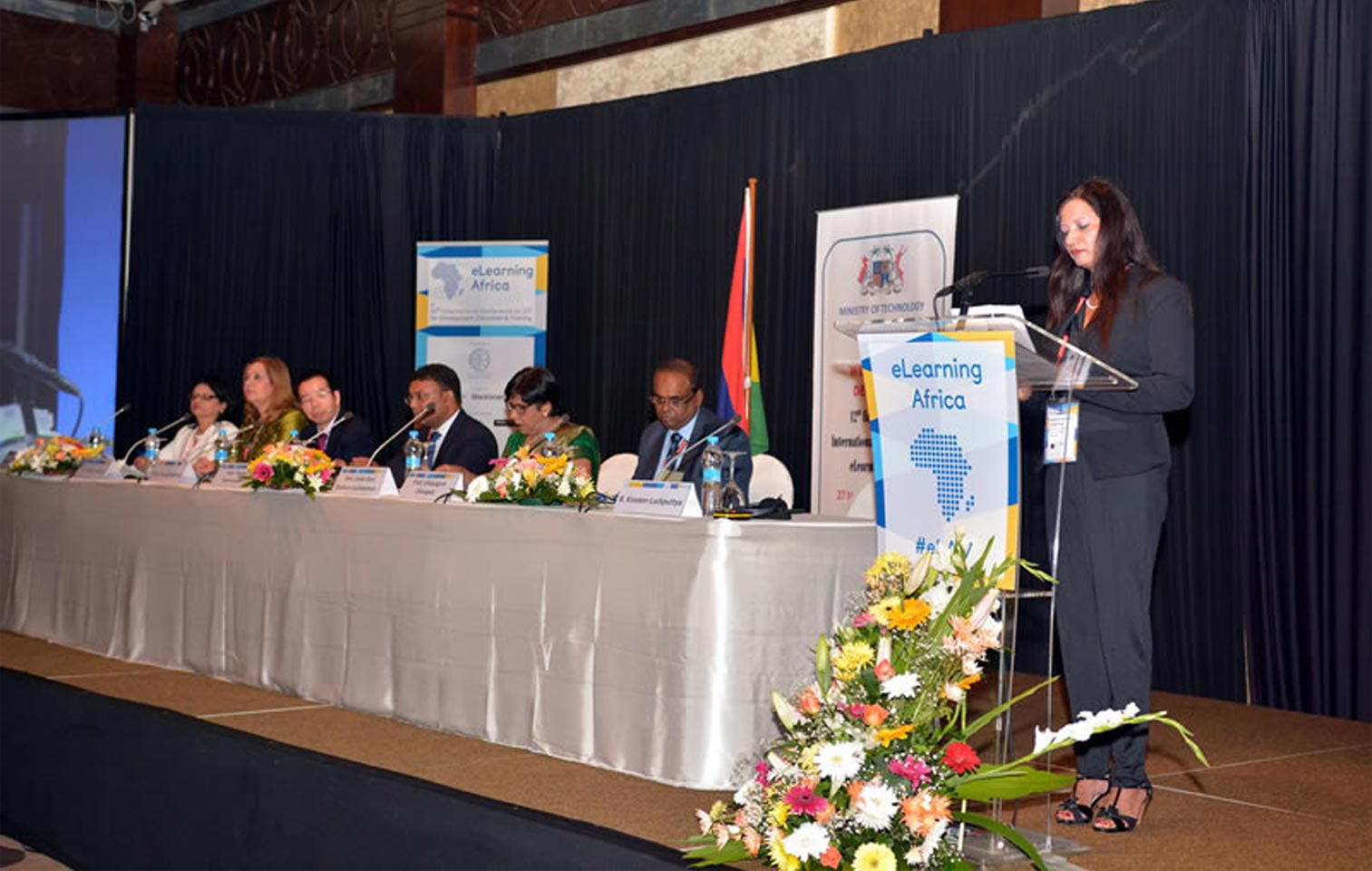The IT professions are those of tomorrow…to meet the growing demand on the African continent, the young generation must be trained, as must African companies, at the risk of losing their competitiveness on the market ! eLearning Africa, Africa’s largest ICT conference returns in September to discuss the importance of training and education for these professions of tomorrow.
Technology is dominating all areas of the economy, forcing companies to align themselves. Education and training are therefore becoming an urgent necessity, especially for companies whose employees lack knowledge on the subject. There is a great demand on the African continent, especially from companies.
Some entrepreneurial actors have already started to sound the alarm. Indeed, they believe that if the emphasis is not placed on continuous training, companies risk falling behind their competitors. If companies do not use new technologies to equip their workers with vital new skills, all the benefits of the steady economic growth experienced in much of Africa over the past decade could be wiped out.

The eLearning Africa conference is working to meet this demand. From 26 to 28 September, the world’s leading e-learning experts will gather in Kigali, the capital of Rwanda, for eLearning Africa, the largest African conference on ICT for education and training. This conference, now in its thirteenth year, will open the doors of the IT world and its challenges to participants.
An urgent need for training
Training remains the key to meeting this demand for IT know-how. A knowledge required in urgency even if the field remains in perpetual evolution.
“This view is shared by many experts in our network. They believe that while technology has helped many African countries make real progress in recent years, these achievements could be quickly reversed if governments and employers do not do their utmost to equip students and workers with the skills they need to work in tomorrow’s markets and workplaces in the age of the fourth industrial revolution,” said Rebecca Stromeyer, conference organizer.
Evolving in a technology-driven world
The lack of training remains a problem, but the situation is not hopeless. The young African generation is showing a real interest in the professions of tomorrow. Even the working class shows a thirst for knowledge about technology.
“Things are already starting to move very quickly. Workers must be flexible. They need to know how to acquire new skills quickly. They must be comfortable in an environment of constantly accelerating technological change. It is entirely possible to train and prepare them for this, ” adds Rebecca.
There is an incredible dynamism in Africa in terms of entrepreneurial development around technology.
The first technology hub created by Facebook
in Nigeria is proof of this ! “ African countries have the advantage of not being crushed by the weight of outdated and rigid systems, which tend to pull other countries backwards. African companies have the capacity to outperform their competitors, but they must understand that this requires investment in the knowledge economy, in technology and in the training of their workers. A technically competent workforce that is flexible enough to adapt quickly to change will be a valuable asset in the economy of the future. “

This development, which must take place both at the level of the African countries and the companies themselves, is often slowed down by a lack of administrative personnel. “Unfortunately, unlike their European, American and even Chinese competitors, many African companies do not even have an HRD, let alone one responsible for workplace learning (continuous training) and capacity building for existing and newly hired workers. Companies and governments need to understand that with the acceleration of change, this will soon become an existential problem,” Rebecca points out.
A 13e edition under the skies of Rwanda
Mauritius had the privilege of hosting the 12th edition of this conference last year, which focused on technology training. This year, Kigali, the Rwandan capital, will host Africa’s largest ICT conference.
The 2018 edition of eLearning Africa will have a strong focus on continuing education and the “knowledge economy.” A theme that will be on the agenda of the annual ministerial roundtable held on the opening day of the conference. The presence of Ministers of Education and ICT from many African countries is expected for this major African conference.
The main conference will also feature speakers from the ranks of leading figures in the global edTech industry. Among them will be Elliott Masie, an international expert in educational technology, who coined the term “eLearning”. He is well known for his outspoken views on the evolving field of learning and worker performance. He has been a strong advocate for the “effective deployment” of learning and collaboration technologies to support business efficiency and profitability.

During the conference, he will speak objectively about the prospects for African businesses and economies. In particular, it will show how African political leaders and CEOs can use learning and training as an engine for sustainable prosperity.
Elliott Masie is truly a big name in the industry,” says Stromeyer. He understands the vast potential of Africa. He understands the huge opportunities for African business. But he also knows that if African leaders don’t start to address the issue of vocational training, they risk losing everything they’ve gained very quickly. His words on what needs to be done are vitally important to African business.”
The eLearning Africa conference, which takes place each year in a different African capital, brings together more than 1,500 participants from around the world, including professional educators, political leaders, entrepreneurs and investors. The conference is also accompanied by a large exhibition where companies, organisations and institutions present their latest products, services, training and solutions.
To find out more about eLearning Africa or to find out the details of the programme, visit
the conference website
.



